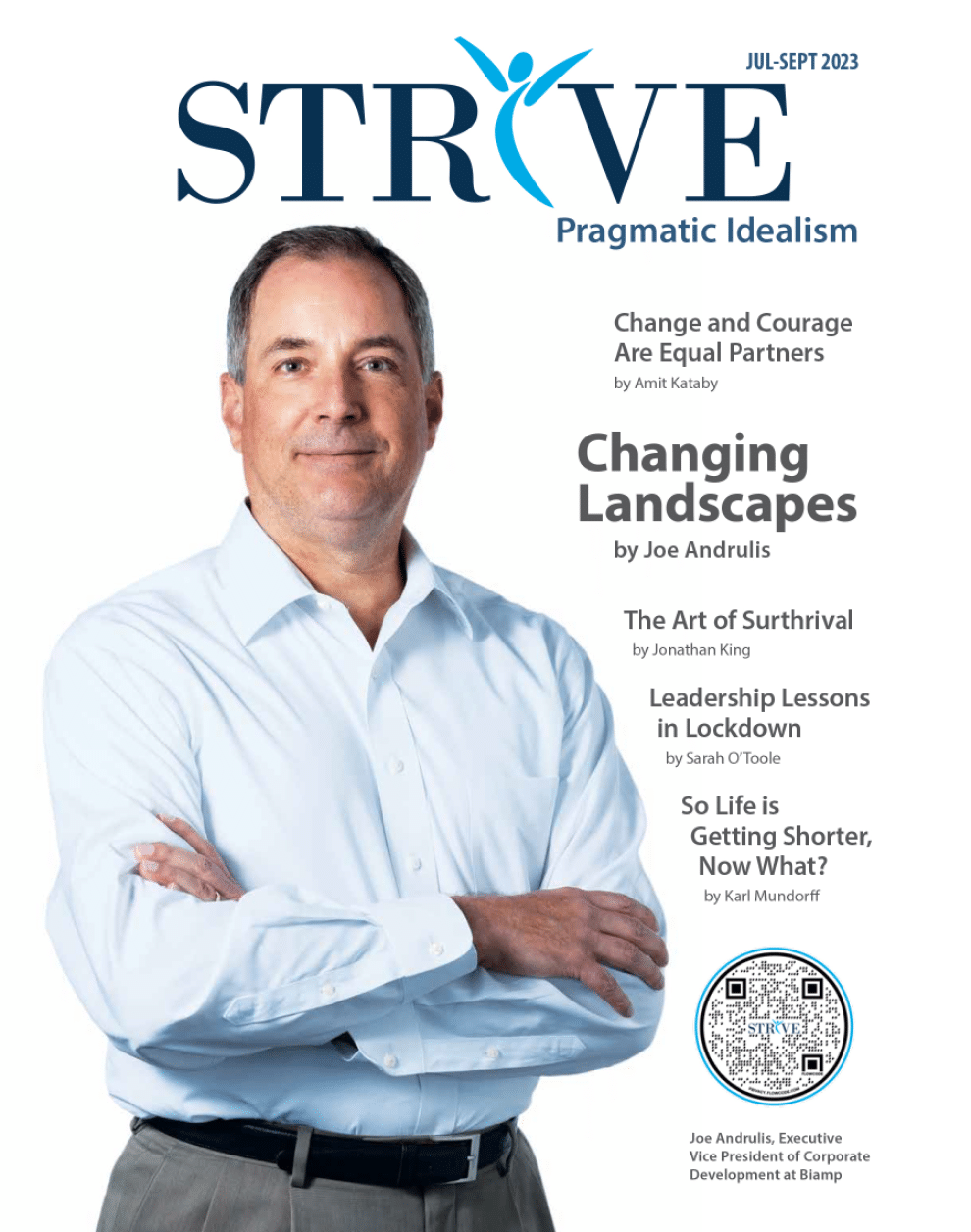 Extended periods of unchallenged prosperity stunts the development of an individual’s leadership skills and their resilience. This stunted growth not only negatively impacts an individual’s long-term success, but the success of the organizations they serve.
Extended periods of unchallenged prosperity stunts the development of an individual’s leadership skills and their resilience. This stunted growth not only negatively impacts an individual’s long-term success, but the success of the organizations they serve.
The best lessons often occur outside of the classroom, and my college experience was no exception. It was in the space between classes that I was schooled in a pattern of individual and organizational development. Throughout the years, I became aware of a trend, a circumstance that I have come to call a Success Arc, and it represents one of the more valuable life/business lessons I have experienced – this education occurred while starting a fraternity. But throughout the years I would come to understand that the lesson applies to organizations of all types and sizes, even nations.
Background
During my freshman year in college, five friends and I were intrigued with the idea of joining a fraternity. The social and campus involvement aspects of Greek life were appealing, but joining an existing organization was not; we were in pursuit of something different. Rather than abandoning the idea and the experience we were seeking, we chose to take a different approach. We would start our own organization, one where we could define the experience, activities, emphasis and goals.
Based on a referral from a friend, we decided to start a local chapter of a national organization. With guidance from headquarters, and some new logo-wear, we marched on to campus fired-up and inspired by the possibilities. Our enthusiasm was as contagious as it was boundless. Emotion sells, and within 60 days we had as many members, we were the largest on campus by double. Within 2 years we dominated intermural sports, and within 3 years we enjoyed substantial influence over the student political system. We were number one by all measures, save grades, but for better or worse, those were never part of our stated mission. By the 5th year the chapter was in decline.
Starters and Joiners
I have thought a lot about this boom and bust cycle since that time, why did it occur? I think the answer is as simple as the differences in personalities, expectations and motivators. The implications of the experience are profound for organizations of all types.
My friends and I were starters – entrepreneurial I suppose. We did not want to join something, we wanted to build something. We were electrified by the possibilities of creating something new. Moreover, we expected it to be difficult, and we were not intimidated by the challenges, we were motivated. The neigh-sayers and competitors, unknowingly, provided the fuel that powered our passion and our progress.
Contrast these attributes and associated expectations, with the individuals that were looking to join, to belong, to what had become, by year three, the largest and most influential organization of its type on campus. This group (I am generalizing of course) was attracted to, and bought the brand, not the vision, not the possibilities of what they could build. As a result, these new members became committed evangelist of a brand, staunch defenders of the status quo rather than the seekers of the possible. Unaware, unprepared or just uninterested, they did not possess the starter mindset that would allow them to adapt to an evolving and highly competitive environment. Hence, once the founding members began to graduate, yes most did graduate, a corresponding spiral of decline was set in motion by the natural advancement of the unprepared.
Impact
I have seen this Success Arc many times throughout the years as organizations of all types move from their inspired beginning to the entitlement that comes with prolonged success. It is no secret that strength, resilience and grit are forged in the crucible of adversity and struggle. Likewise, creativity, drive and intestinal fortitude often atrophy as a consequence of entitlement and privilege, unintended victims of prolonged and unchallenged success.
As I look at today’s social, economic and political environment, I can’t help but wonder, are we as a society, a nation, approaching the end of a Success Arc? Sure, technical advancements abound, but where is the vision for how they will be applied to improve the human experience, to solve our most pressing issues; climate change, pollution, public health and the like. It appears many have come of age during a period of privilege and bought into a brand without understanding the passion, determination, effort and personal commitment required to build something anew. Have we become the defenders of the status quo?
Sure, the future will look different than the past, and there is no doubt that we will struggle as we address the challenges and envision new possibilities. The future is, by definition, consistently uncertain. The only thing that varies is whether it is imagined by Starters or Joiners.
Note: The Success Arc is a trend. The adversity of decline ultimately gives rise to the intestinal fortitude required for renewed growth. I am pleased to say that the University of Las Vegas Chapter of Tau Kappa Epsilon will celebrate its 40th anniversary in 2021.













































